¤ 10+ minutes Read
Fatehpur Sikri
A complete tourist and cultural guide
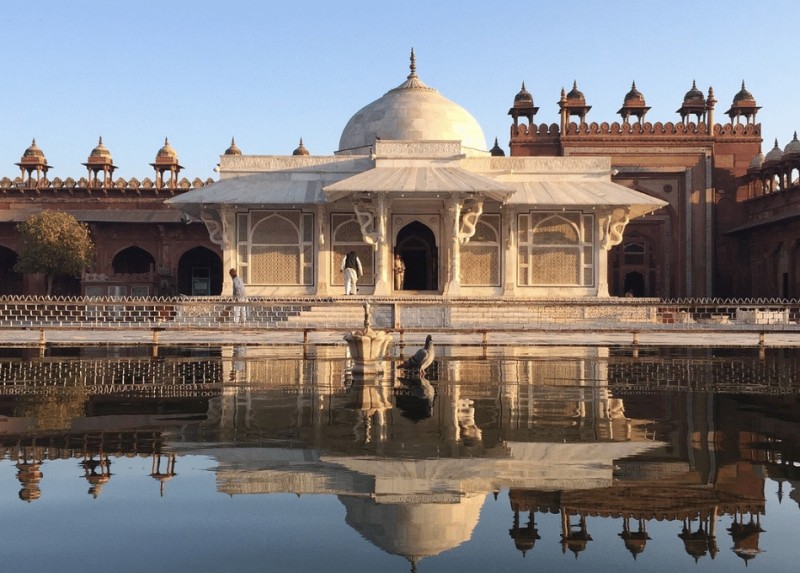
Fatehpur Sikri, located near Agra in Uttar Pradesh, is a magnificent city built by Mughal Emperor Akbar in the 16th century. Once the capital of the Mughal Empire, it stands as a masterpiece of Indo-Islamic architecture and a testament to Akbar’s vision of cultural and religious harmony. The city was meticulously planned, featuring grand palaces, courtyards, mosques, and public buildings made of red sandstone
Must-Visit Attractions in Fatehpur Sikri

Buland Darwaza
Also known as the “Gate of Magnificence,” the Buland Darwaza is one of the most striking structures in Fatehpur Sikri.
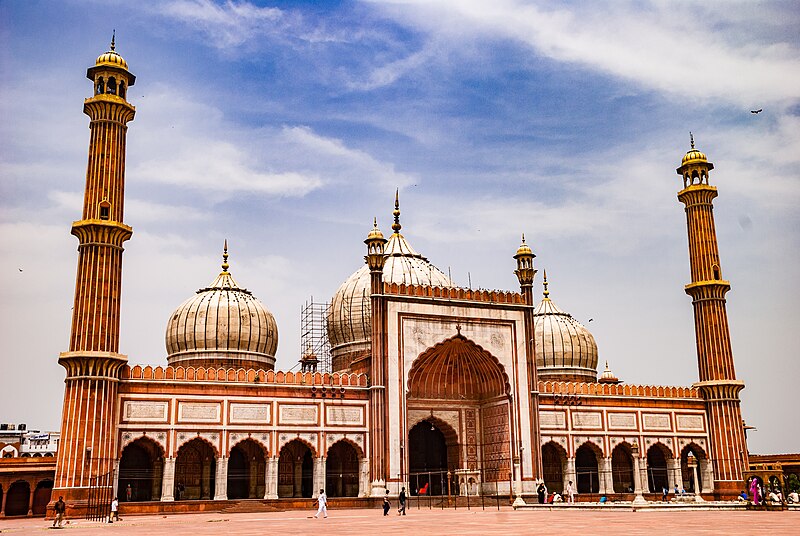
Jama Masjid
One of the largest mosques in India, Jama Masjid in Fatehpur Sikri is a stunning monument of spiritual and architectural significance.
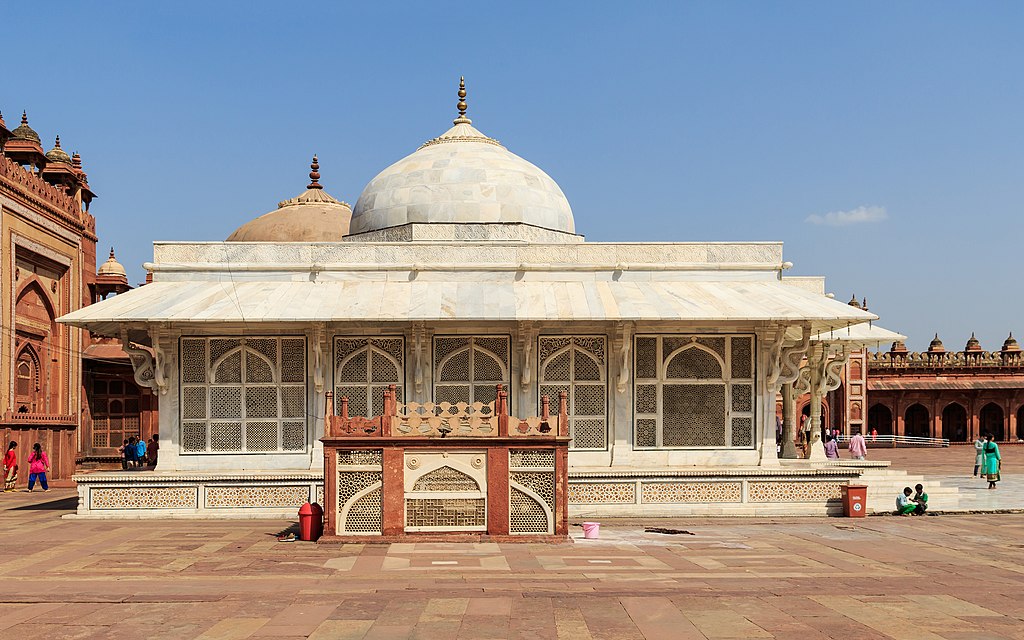
Tomb Of Salim Chishti
This white marble mausoleum is among the most beautiful and sacred structures in Fatehpur Sikri. Devotees from across the world visit this tomb

Panch Mahal
The Panch Mahal is a five-storied palace that once served as a pleasure pavilion for the royal family. Its unique design makes it more beautiful.
Major Attractions Nearby Fatehpur Sikri
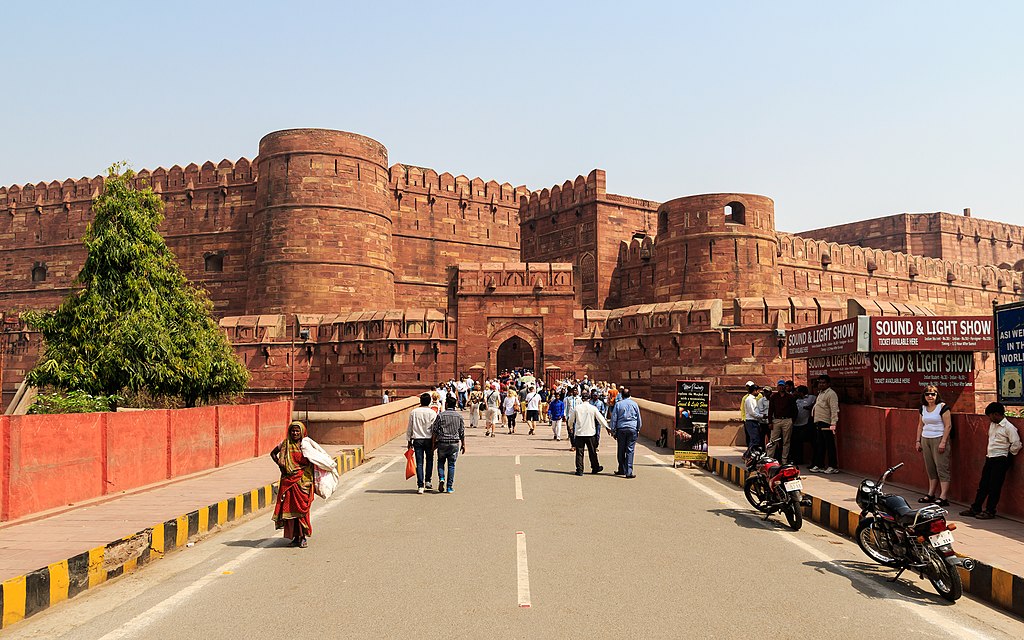
Agra Fort
Located around 40 km from Fatehpur Sikri, Agra Fort is a UNESCO World Heritage Site and one of the most significant Mughal forts in India
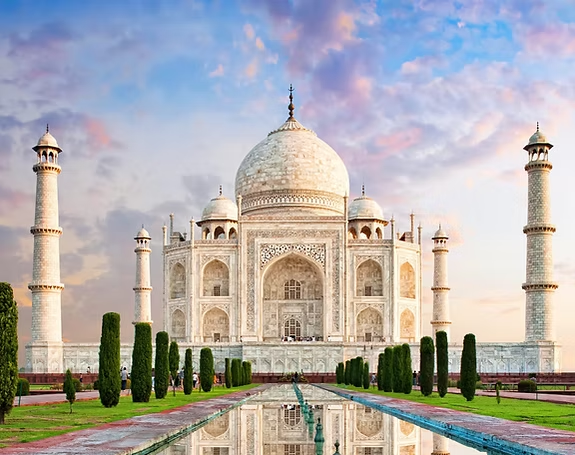
Taj Mahal
Just a short drive from Fatehpur Sikri, the Taj Mahal in Agra is one of the Seven Wonders of the World and a timeless symbol of love
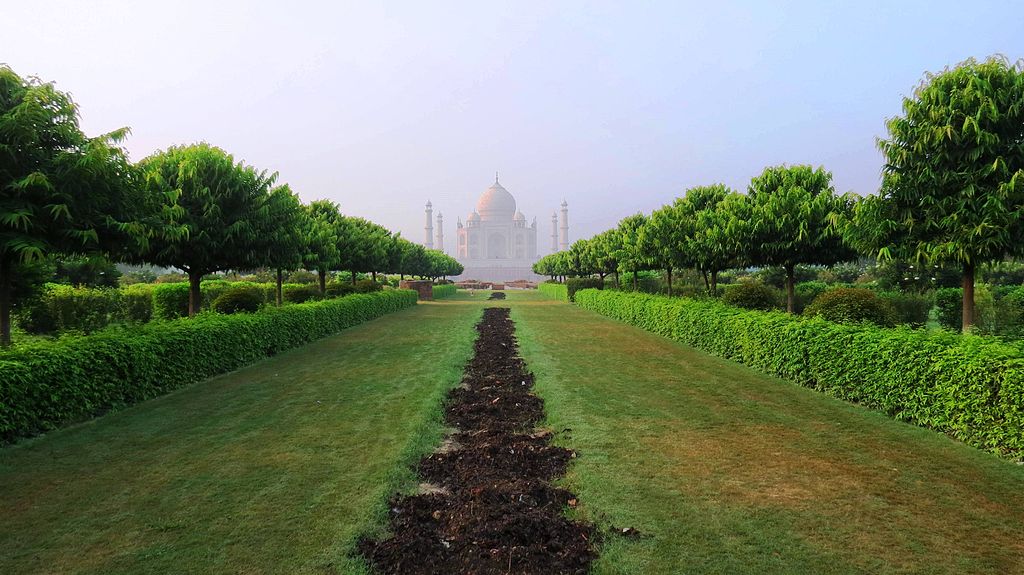
Mehtab Bagh
Situated across the Yamuna River, Mehtab Bagh is a serene garden complex that offers a breathtaking view especially during sunset.
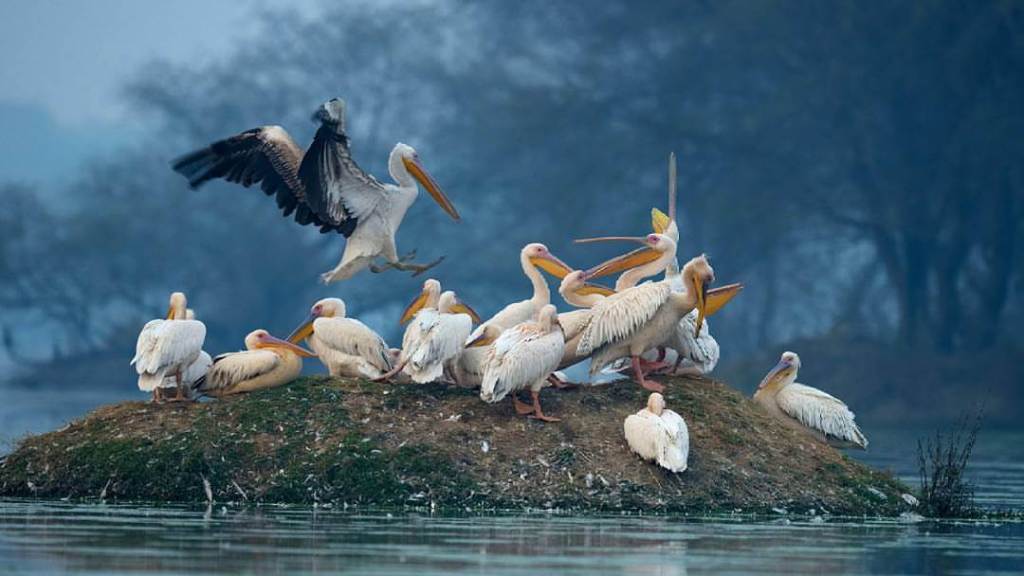
Bharatpur Bird Sanctuary
Located about 25 km from Fatehpur Sikri, this UNESCO World Heritage Site is a paradise for bird lovers.
Things to do in Fatehpur Sikri
Experience the spiritual, cultural, and historical essence of the city.
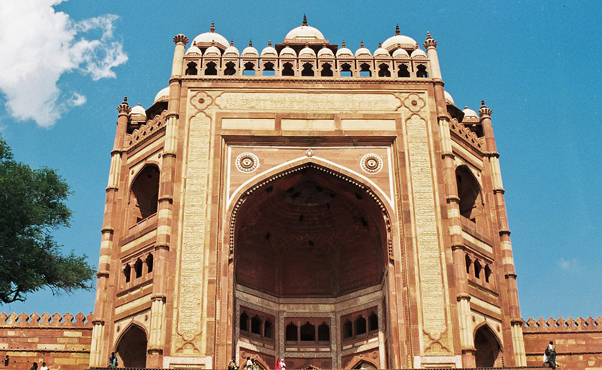
Explore the architectural Marvel
Wander through the grand complexes of Fatehpur Sikri and admire its intricate Mughal architecture.

Visit the tomb
Pay a visit to the sacred Tomb of Salim Chishti, a revered site for people of all faiths and has peaceful ambiance and spiritual energy.
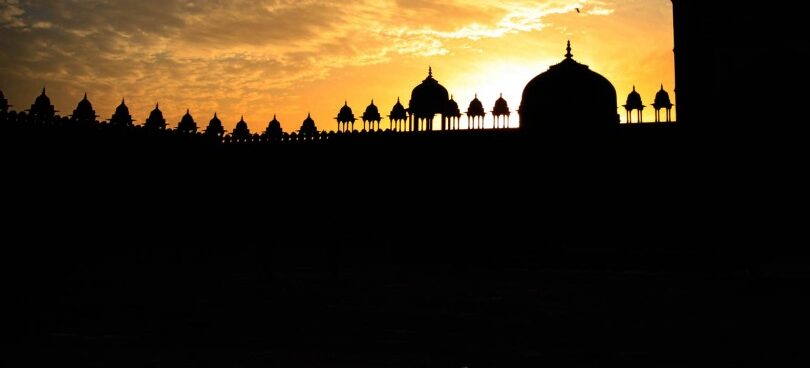
Capture the sunset views
The red sandstone buildings of Fatehpur Sikri glow beautifully during sunset, creating a breathtaking scene for photographers.
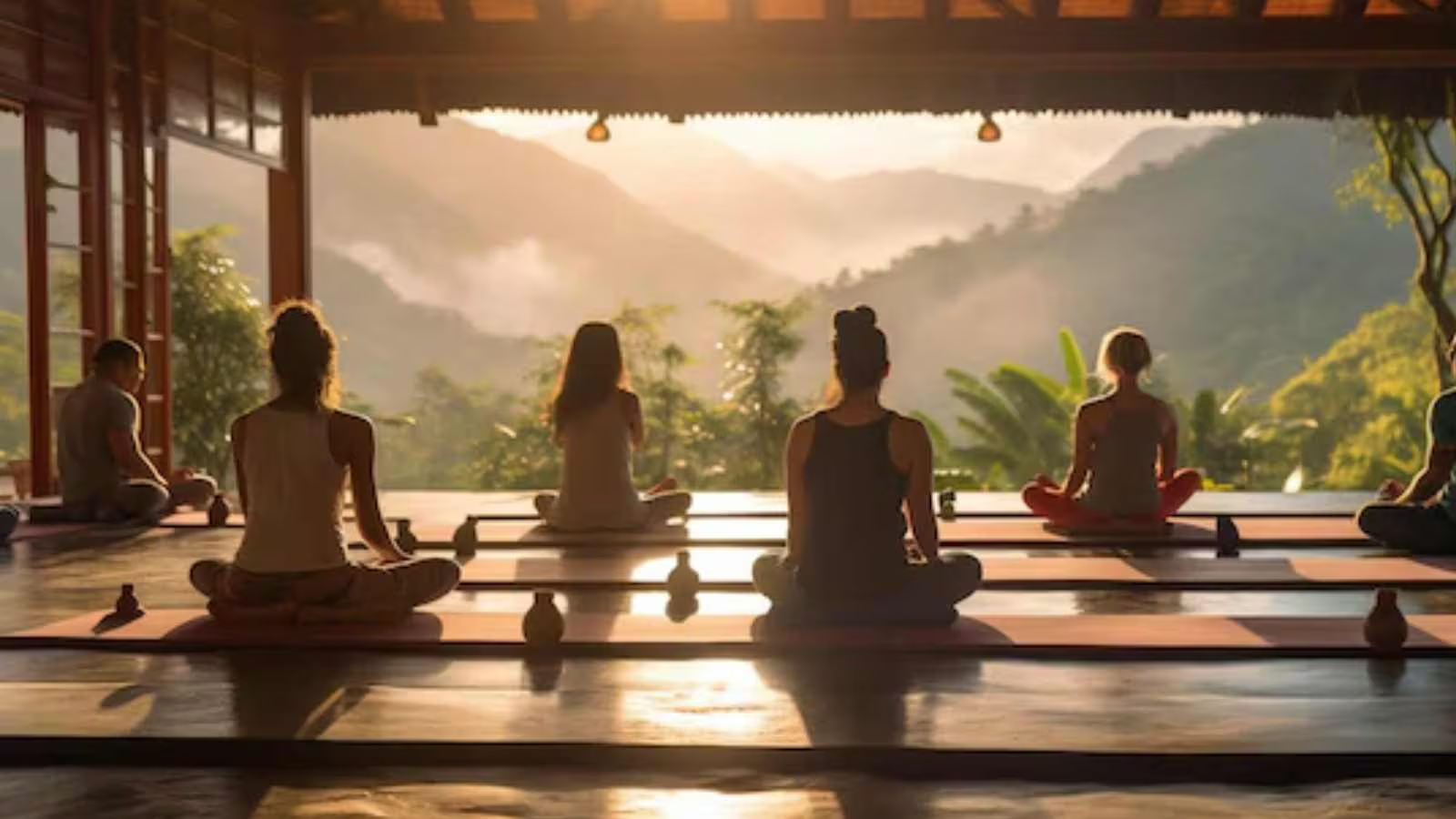
Shop for Local Handicrafts
Around the Fatehpur Sikri complex, small local markets sell beautiful handicrafts, marble items, miniature paintings etc.
The Performing Art of Fatehpur Sikri
The performing arts of Fatehpur Sikri reflect the rich cultural blend that once flourished under Mughal patronage. Music, dance, and theatrical expressions were an integral part of the royal court, often performed to celebrate victories, religious events, and festivals. The traditions here emphasize rhythm, emotion, and storytelling, combining classical elements with local influences. These performances were not only forms of entertainment but also means of expressing devotion, art, and intellectual thought.
Dhrupad
Khayal
Qawwali
Dhrupad, known for its deep, spiritual tone and performed in temples and royal courts. Khayal, which emerged later but has roots in the expressive traditions nurtured in the Mughal courts, focusing on improvisation and emotion. Qawwali, gained prominence as a devotional form of Sufi music, performed in shrines and gatherings, blending poetry and rhythm to create a soulful experience.
Kathak
Mujra
Folk Dance
Kathak, a classical dance form that evolved in the royal courts, known for its graceful movements, rhythmic footwork, and expressive storytelling. Mujra, became a popular court performance, blending dance, music, and poetry to entertain nobles and royalty. Folk Dance, performed by local communities during festivals and celebrations, reflects the everyday joy and spirit of the region.

City Vibes
The city vibes of Fatehpur Sikri are a blend of timeless grandeur and quiet charm. Walking through its sandstone streets feels like stepping back into the Mughal era, where every structure whispers tales of history, art, and power. The atmosphere is calm yet captivating, filled with the echoes of the past and the simplicity of present-day life.
Heritage of Fatehpur Sikri
The heritage of Fatehpur Sikri stands as a magnificent reflection of India’s glorious Mughal past. Built by Emperor Akbar, the city represents a rare blend of architectural brilliance, cultural diversity, and historical depth. Its palaces, mosques, and courtyards showcase an exquisite fusion of Persian, Indian, and Islamic styles, symbolizing Akbar’s vision of unity and inclusiveness.

Cuisine of Fatehpur Sikri
Fatehpur Sikri is a paradise for food lovers, offering a variety of traditional delights.
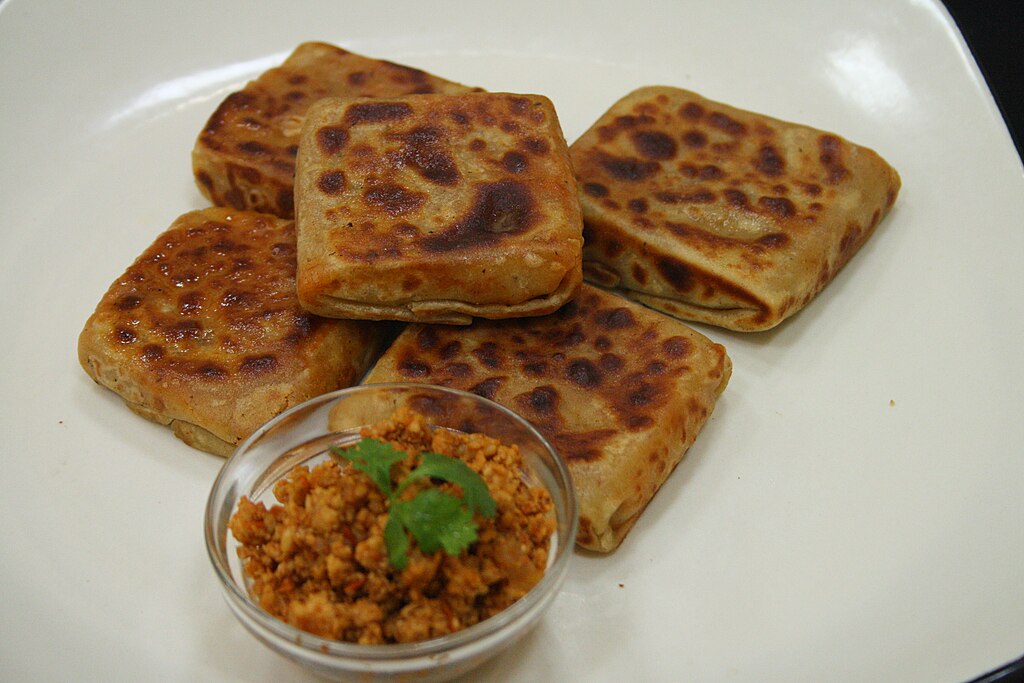
Mughlai Paratha
It’s usually filled with minced meat, eggs, or spiced vegetables, then shallow-fried until crisp and golden
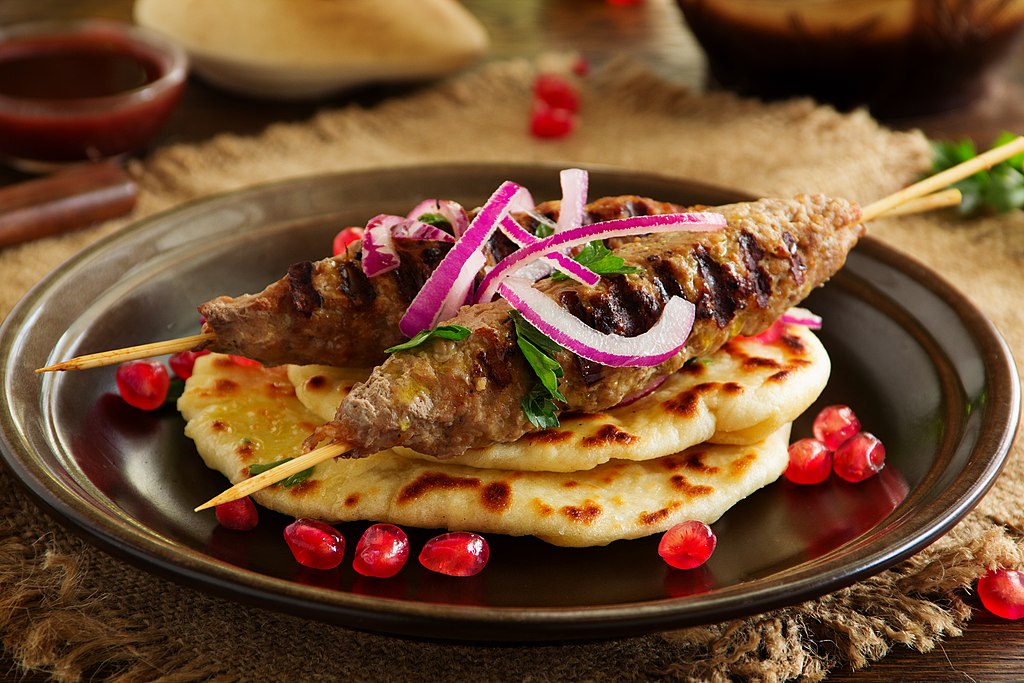
Kebabs
Kebabs are Juicy, tender, and spiced to perfection. They are often grilled or roasted over charcoal, giving them a smoky flavor

Biriyani
A royal favorite, biriyani here carries the fragrance of saffron, ghee, and a blend of hand-ground spices

Jalebi
Soaked in sugary syrup, this sweet treat is loved by locals and visitors alike. Often served hot, it’s the perfect way to end a meal
Shopping in Fatehpur Sikri
Shopping in Fatehpur Sikri offers a vibrant mix of tradition and craftsmanship.
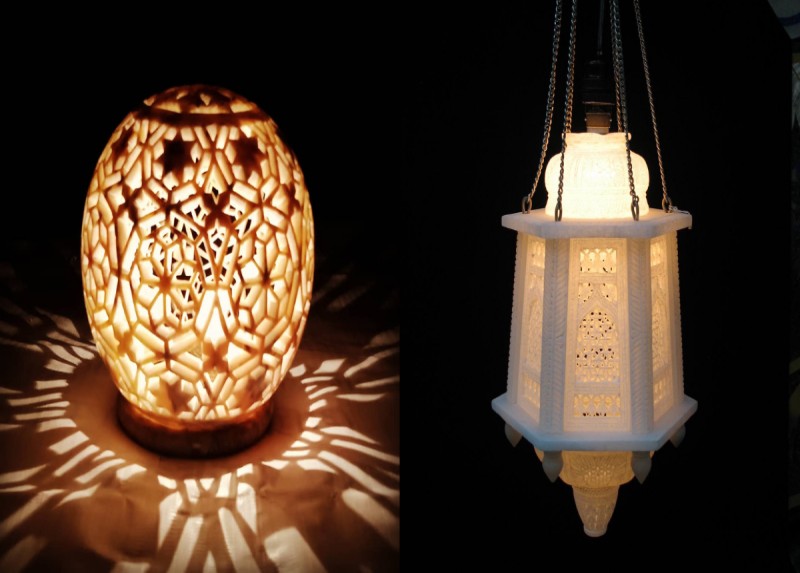
Marble Handicraft
You can find beautifully carved decorative pieces, tabletops, and miniature replicas of Mughal monuments.
Local spices
Local Spices reflect the deep influence of North Indian culinary traditions and are the backbone of the region’s cuisine

Traditional Jewelry
Local markets around Fatehpur Sikri offer stunning pieces of traditional jewelry made from silver, gemstones, and brass.
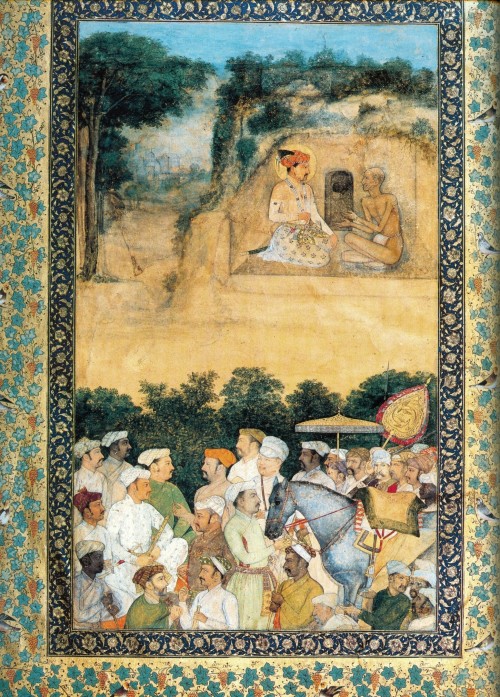
Miniature Painting
These paintings often depict royal life, nature, and historical scenes with fine detailing and vibrant colors.
Tourist's Handbook
The best time to visit Fatehpur Sikri is during the winter months, from October to March, when the weather is pleasant and comfortable for sightseeing. During this period, temperatures range from mild to moderately cool, making it ideal for exploring the city’s vast complexes and open courtyards without the discomfort of heat.
1. Stay Hydrated and Carry Essentials
While exploring Fatehpur Sikri, it’s important to carry water, sunscreen, and a hat, especially if you’re visiting during warmer months. The monuments are spread out, and you might spend hours walking under the sun. Staying prepared ensures a comfortable experience.
2. Beware of Unofficial Guides
Many self-proclaimed guides may approach visitors offering tours. It’s best to hire government-approved or official guides to ensure accurate information and fair pricing. This helps avoid scams and ensures a more authentic experience of the site.
3. Keep an Eye on Your Belongings
Like any tourist destination, it’s wise to stay alert about your personal items. Carry only essentials, keep valuables secure, and be cautious in crowded areas to prevent petty theft.
Getting around Fatehpur Sikri is fairly easy and enjoyable, as most of the historical sites are located close to each other. The best way to explore the complex is on foot, allowing visitors to fully experience the grandeur and details of the architecture. For those who prefer not to walk long distances, battery-operated vehicles and local auto-rickshaws are available near the main entrance.
1. Fake Tour Guides
Some individuals may pose as guides and charge high fees while providing little value. Always hire licensed guides through official counters to ensure a genuine experience.
2. Overpriced Souvenirs
Local vendors might quote inflated prices for handicrafts or souvenirs, especially to tourists. It’s advisable to compare prices at a few shops or bargain politely before making a purchase.
3. Ticket Scams
Be cautious of people selling “discounted” or “special entry” tickets outside the monument gates. Only buy tickets from authorized government counters to avoid being deceived.
Varanasi Blogs
- Uttar Pradesh Cultural guide
- Places to visit in Varanasi
- Places to visit nearby Varanasi
- India’s most popular destination
- India’s archaeological marvels
Recommended articles
- Uttar Pradesh Cultural guide
- Places to visit in Varanasi
- Places to visit nearby Varanasi
- India’s most popular destination

